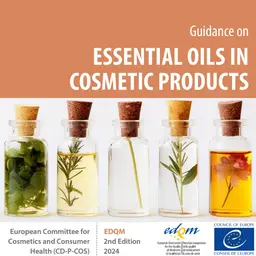
Hairdressing and beauty professions are risky ones, exposed to sensitizing and/or irritant ingredients used in cosmetic products: shampoos, straightening products, fading products, perm products, exfoliants… Many are the cases of eczema, skin or respiratory tract allergies that are reported every year. La Revue Française d'Allergologie, the official journal of the SFA-Société française d'allergologie (The French Society of Allergology) looks at the matter and publishes an article dedicated to occupational allergies in hairdressers and beauticians.
Abstract
At present, hairdressers still represent a professional sector at high risk for the development of occupational allergic contact dermatitis. Beauticians constitute a group less at risk than hairdressers. In the two professions, it is principally the sensitizing ingredients in cosmetics which are at the origin of their allergic contact eczema and, less often, of their occupational contact urticaria.
Different capillary care products are also on the list of cosmetic products, and they are therefore considered to come under the regulations corresponding to this variety of products. The manufacturers are not actually required to furnish the product data safety sheets (PSDS). They must however indicate on the packaging the exact composition of the product and its uses. The ingredients are classified by the decreasing order of their weight.
Revealing the principal occupational allergens to the beauticians and the estheticians should facilitate the evaluation of the risk of contact skin sensitization and lead to appropriate skin testing in the framework of a specialized allergy approach.
Several occupational allergens are commonly present in the hairdressing and estheticians trades. It is indispensable that they be known and identified during consultations for skin allergy, before giving advice on eventual occupational reorientation in a sector …













